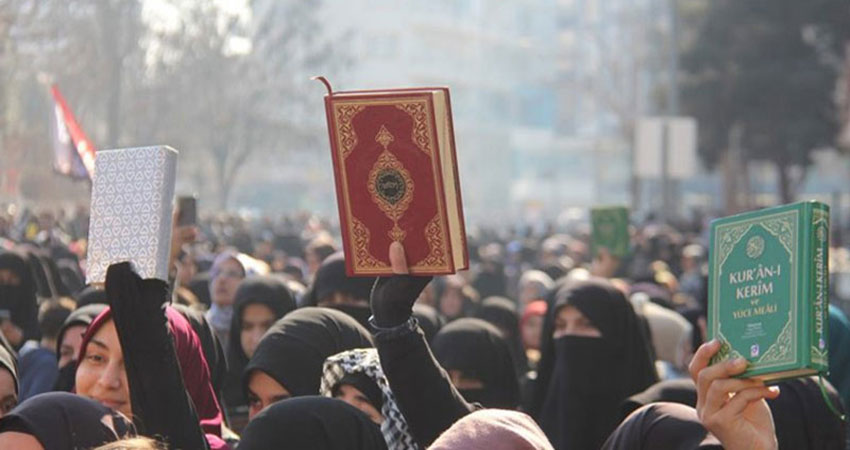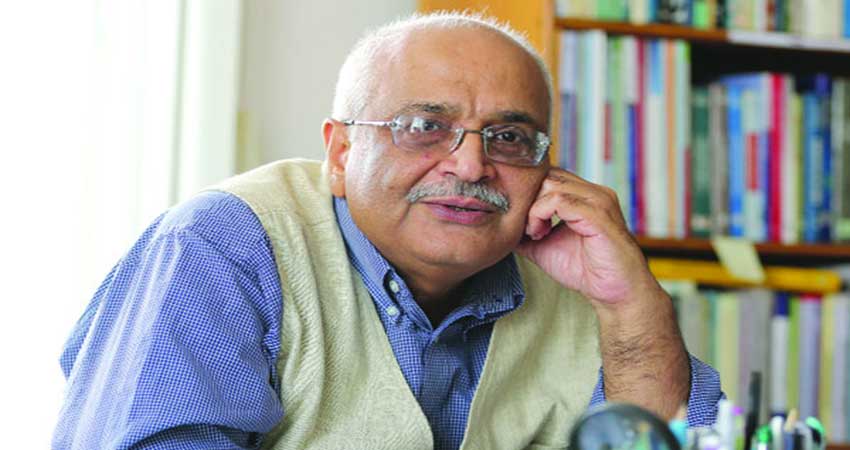The Ministry of Foreign Affairs on Sunday summoned Jakob Etaat, Chargé d'Affaires of the Swedish Embassy in Dhaka, to protest the burning of a copy of the Holy Quran outside a mosque in Stockholm.
On Wednesday, as Muslims celebrated Eid-ul-Azha, Salwan Momika, a 37-year-old Iraqi who is said to have fled to Sweden several years ago, tore up and set fire to pages of the Islamic holy book during a protest authorised by the police.
Bangladesh earlier in a statement said it "strongly condemns the despicable act." "Bangladesh yet again urges all concerned to put an end to such unwarranted provocations for the sake of harmony and peaceful coexistence."
The Swedish Embassy in a statement, however, said: "The Swedish government strongly rejects the Islamophobic act committed by individuals in Sweden. This act in no way reflects the opinions of the Swedish government."
The incident also drew the ire of a number of countries, including many in the Middle East as well as the United States.
The US Census Bureau put Sweden's Muslim population at 8.1% in 2022. The Swedish government figures are often lower as they only count those who are registered with a mosque and regularly attend.
The country also hosts many people from Islamic countries who have since renounced their faith, like Wednesday's protester, many of whom do not feel safe in their homelands after doing so.
Sweden's prime minister, Ulf Kristersson, said at a press conference that the decision on whether the protest should go ahead had not been his to make.
"It is legal but not appropriate," Kristersson said of the protest, saying such individual decisions rested with Swedish law enforcement, not politicians.
Representatives of the mosque outside which the protest took place had said on Wednesday that they were disappointed the police permitted the protest. They had suggested the police could at least divert the demonstration to a less sensitive location — one step that could have been within their powers.
In January, a similar protest took place in Sweden conducted by the leader of a Danish far-right political party who set afire a copy of the Quran after a long diatribe about Muslim migration into Sweden. This also prompted stern criticism from Turkey and other countries.



















